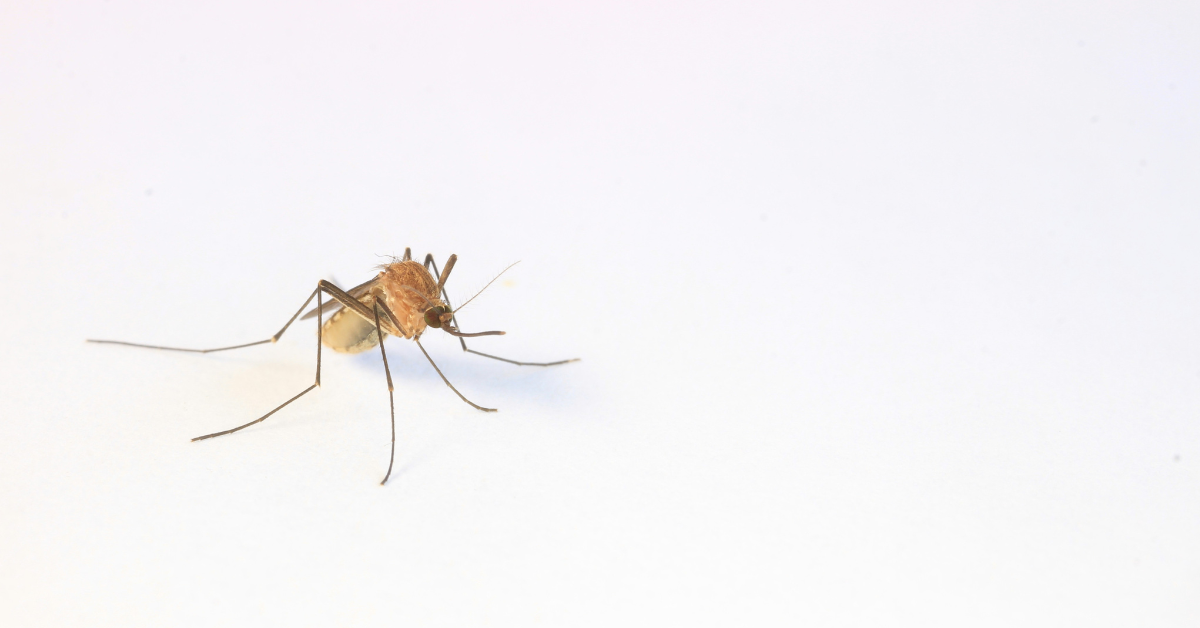Cats and West Nile Virus — What You Need To Know
Here's what pet parents need to know about their cat's health.
Published July 25 2025, 1:00 p.m. ET

Just about every summer, the West Nile virus makes headlines as cases pop up across the country. And, just like clockwork, people start to wonder how they can protect themselves against the virus and the sometimes fatal West Nile fever that very rarely accompanies it.
While humans have a lot of options when it comes to keeping safe — including wearing protective clothing, using bug spray, and avoiding the outdoors during dusk — many are wondering what to do to keep their pets safe.
But can pets like cats catch West Nile virus? Learn what we uncovered below.

Can cats catch West Nile virus?
Unfortunately for doting cat parents, cats can indeed catch West Nile virus. According to the State of New Hampshire's Department of Health and Human Services, cats can catch the West Nile virus. They typically catch it like their two-legged parents do, which involves being bitten by an infected mosquito.
In addition to the bug bite, cats can also become infected by eating an animal that has contracted the virus.
Fortunately, a human cannot become infected by their cat, so people shouldn't worry about any cross-contagion if their cat does happen to contract the illness.

What are the symptoms of West Nile virus in cats?
Even though cats can become infected with the West Nile virus, you may not actually ever notice if your cat has gotten sick. That's because many cats (and dogs as well) are asymptomatic when they become infected, and they don't display the typical signs you would expect to see in a human.
According to the European Advisory Board of Cat Disease (ABCD), the symptoms included lethargy and a decrease in appetite.
New Hampshire's Department of Health and Human Services says that even when cats do become sick with West Nile, treatment is similar to what they would receive if they were infected with any other viral agent, and will typically be tailored to the specific symptoms they are experiencing instead of the virus itself.
Is there a West Nile virus vaccine?
There is currently no vaccine available for cats. In fact, the only USDA-approved West Nile virus vaccine appears to be for horses, as horses are much more susceptible to adverse health reactions.
Even though there is no vaccine for cats, it doesn't mean you don't have other preventative options, like keeping your pets away from potential mosquito sources. Additionally, you should keep them from hunting in areas where small mammals, like birds and mice, could've been infected.
Whatever you do, don't turn to the same insect repellants that you would use on yourself. The New Hampshire Department of Health and Human Services warns against using any bug sprays that are designed for human use, saying that they are not approved for use in animals. That's especially true of DEET-based bug sprays.
Animals like cats tend to lick themselves as part of their grooming process, which would allow them to ingest the pesticide, potentially making your pet sicker than the West Nile virus would've.